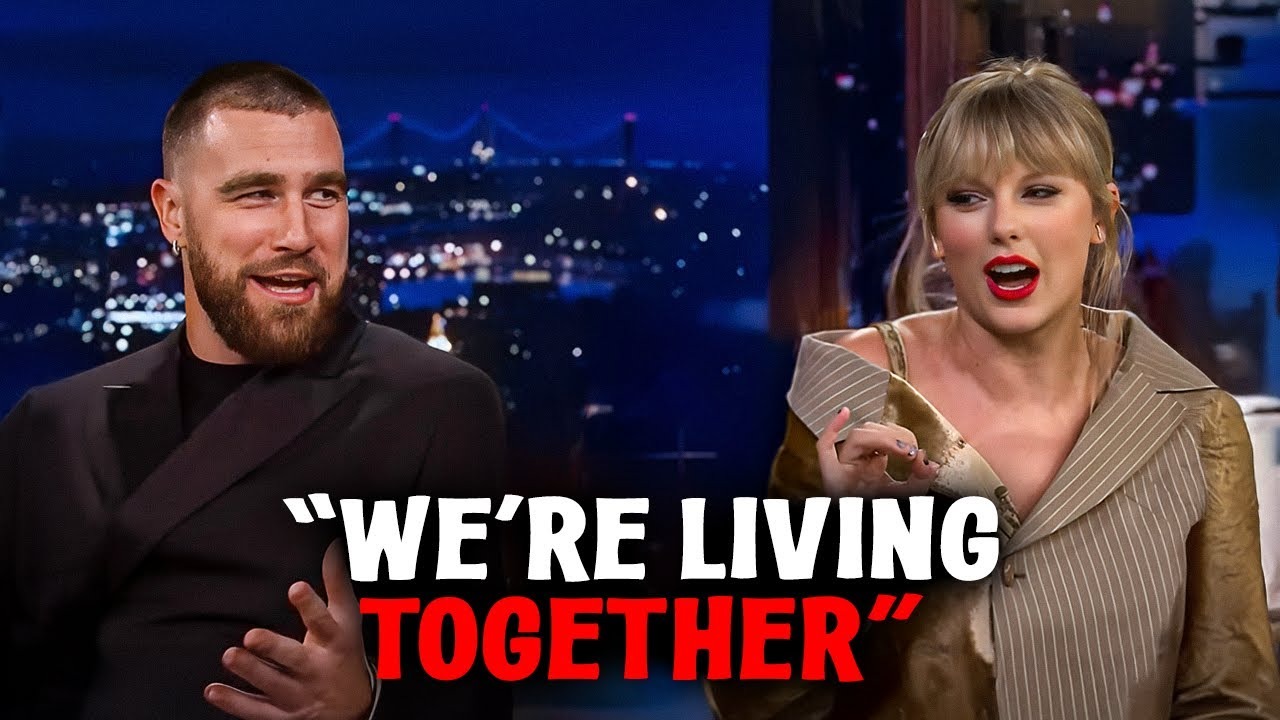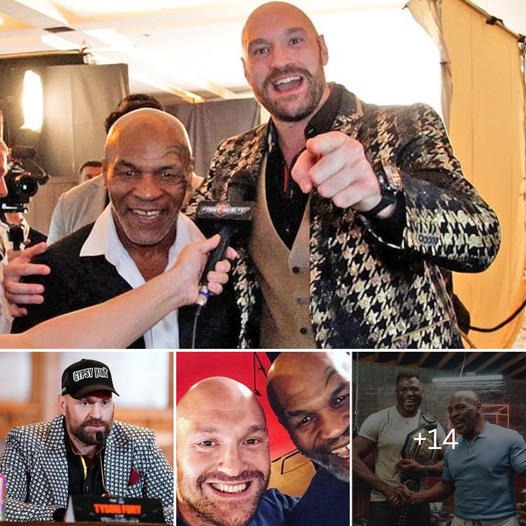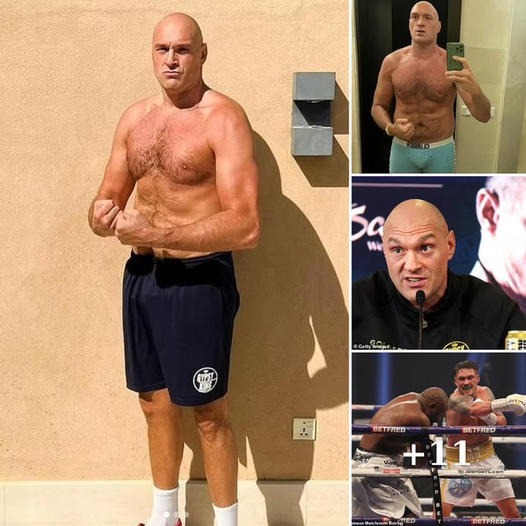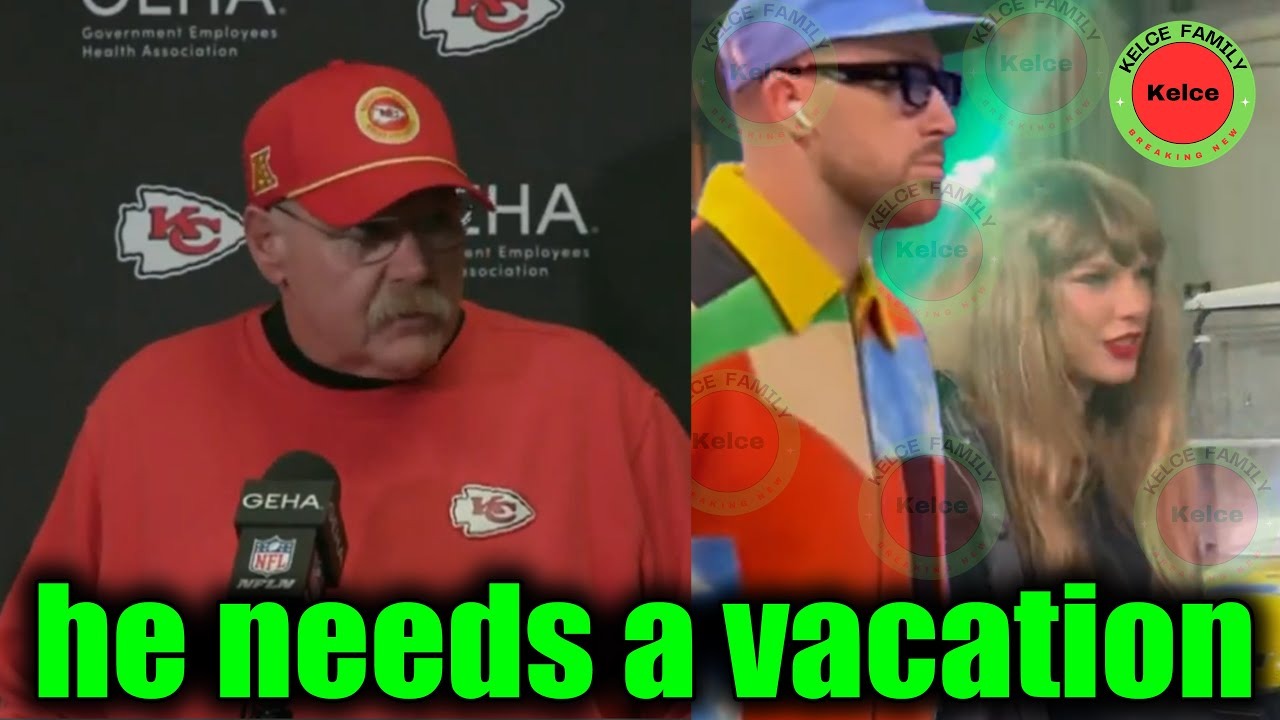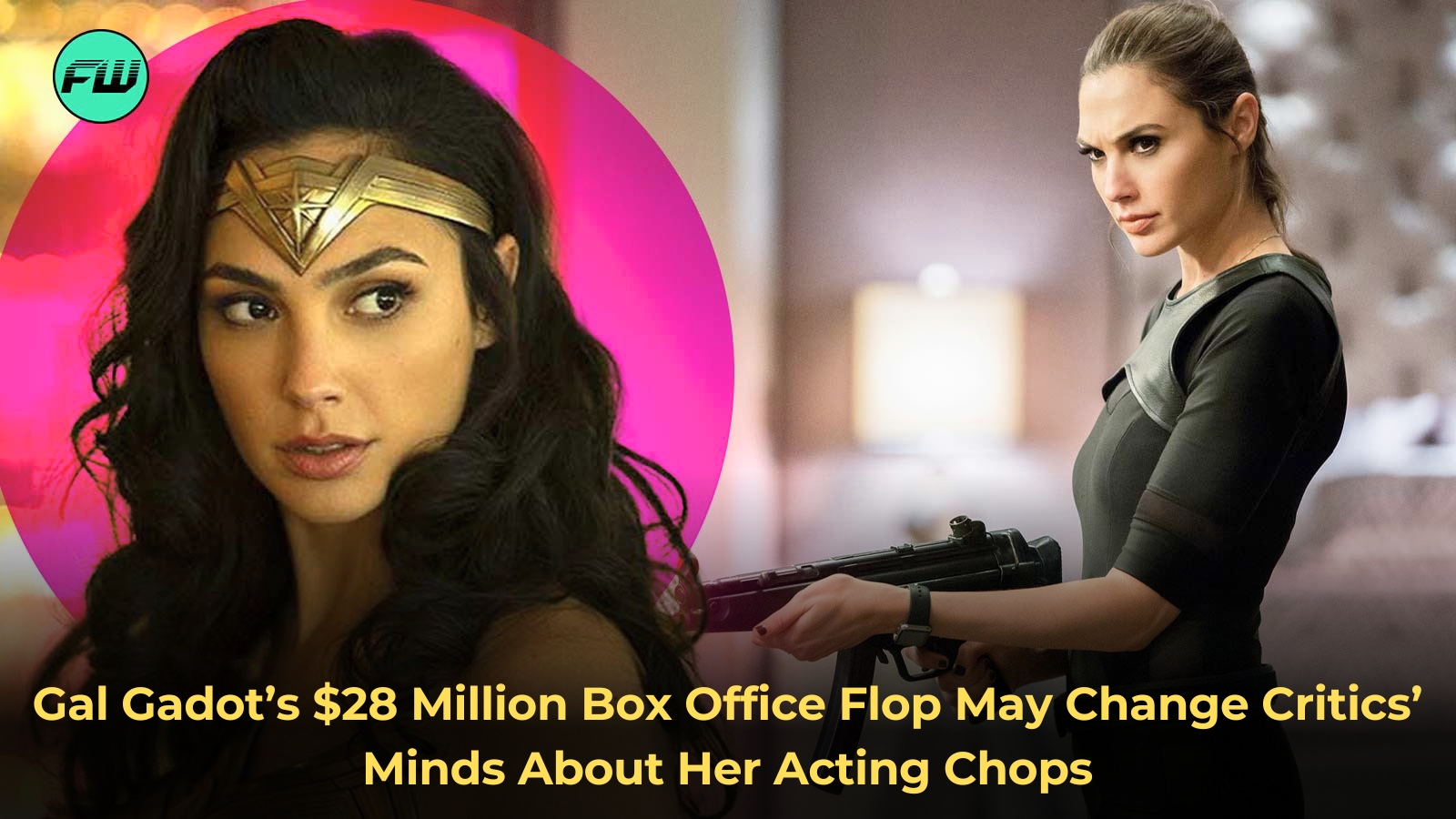From Dr. Dre’s assault on reporter Dee Barnes to the exclusion of periphery players like JJ Fad, here are some of the big moments that didn’t make the final cut of Straight Outta Compton
:max_bytes(150000):strip_icc():focal(399x0:401x2):format(webp)/straight-outta-compton-01-800-1-c837bf8443b24467b282b840500124fc.jpg)
Straight Outta Compton is a highlight reel biopic of N.W.A’s most amazing moments, but some pieces of history that the film left out have garnered almost as much attention as the movie itself.
Already pulling in more than $120 million so far, the film is headed to its third weekend in a row at number one in the box office, and is even generating talk of a sequel based on the 1992 Los Angeles riots. But in addition to its critical and commercial success, Straight Outta Compton has dredged up some painful memories for its founding members.
R&B singer Michel’le and television host Dee Barnes have both spoken out recently about their physical altercations with Dr. Dre being omitted from the film, sparking an apology from the rapper and a statement from Apple, which recently purchased his headphone line, Beats by Dre, for $3 billion.
“I apologize to the women I’ve hurt. Twenty-five years ago I was young man drinking too much and in over my head with no real structure in my life. However, none of this is an excuse for what I did … I’m doing everything I can so I never resemble that man again,” Dre said in a statement to The New York Times on Aug. 21.
“Dre has apologized for the mistakes he’s made in the past and he’s said that he’s not the same person that he was 25 years ago,” Apple told the Times. “We believe his sincerity and after working with him for a year and a half, we have every reason to believe that he has changed.”
While former N.W.A member and producer on the film Ice Cube tells PEOPLE that, “some kernels were left out” of the story, not everyone else involved in the group, from its core members to periphery characters, felt duly represented in the biopic.
:format(jpeg)/cdn.vox-cdn.com/uploads/chorus_image/image/47026952/MV5BMjA1NTQ2Mjg2MV5BMl5BanBnXkFtZTgwNzg2NzkzNDE_._V1__SX1394_SY550_.0.0.jpg)
1. Dee Barnes
Easily the most talked about omission from Straight Outta Compton is Dr. Dre’s physical altercation with Denise “Dee” Barnes, the former host of popular Fox hip-hop show Pump It Up!, in 1991.
The attack, reportedly spurred by an interview she had done with then-ex member Ice Cube, was included in an earlier version of the script, but was eventually cut, the Los Angeles Times reports. According to Barnes, Dr. Dre attempted to throw her down a flight of stairs, slammed her head against a wall and choked her on the floor of a nightclub bathroom. In a Rolling Stone interview later that year, Dre shrugged off the assault as “no big thing.” (In an interview with the magazine earlier this year, Dre said he had made “horrible mistakes” when he was younger.)
Barnes pressed charges and Dre pled no contest to misdemeanor battery (later upgraded to aggravated battery when he failed to show up in court). She also filed a civil suit, which was settled out of court for an undisclosed amount.
“People think I was paid millions, when in reality, I didn’t even get a million,” she wrote in an op-ed for Gawker after the film came out.
In her op-ed for the website, Barnes said that she’s glad the event wasn’t depicted in the film, arguing “the truth is too ugly for a general audience.” She does, however, feel it should’ve been addressed, along with some of the rapper’s other reported incidences of violence. Instead, she says, “I found myself a casualty of Straight Outta Compton‘s revisionist history.”
Dre addressed the incident in general terms in his aforementioned apology to The New York Times.
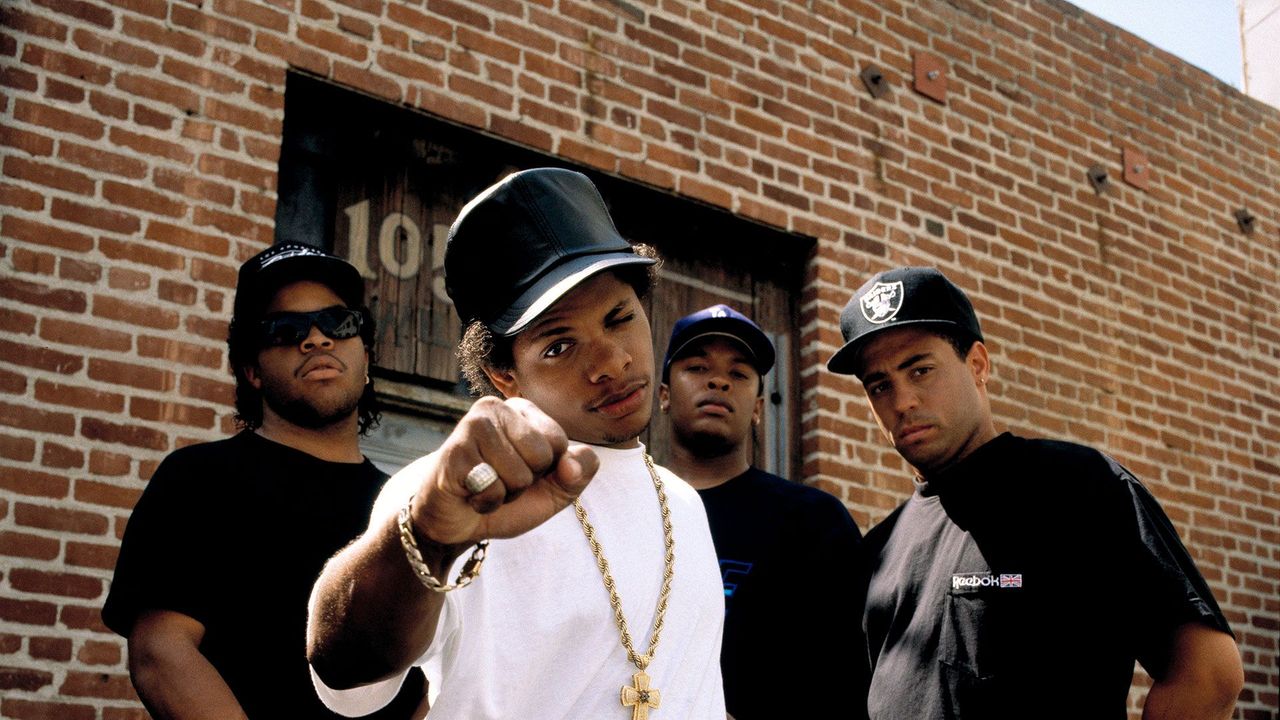
2. Eazy-E
Eazy-E (né Eric Wright Jr.) played a pivotal role in the creation of N.W.A, and along with Dr. Dre and Ice Cube, is a central character in Straight Outta Compton. Despite his importance in the group’s formation, the film suggests his reliance on the allegedly shady management of Jerry Heller (played by Paul Giamatti in the film) helped lead to its eventual dissolution. Eazy-E’s death from AIDS at the age of 31 is one of the film’s most emotional moments.
Speaking about how he thinks Eazy-E would feel about the film, Ice Cube says, “He would’ve loved it at the end of the day. I think he would’ve been real proud.” (Eazy-E’s widow, Tomica Woods-Wright, served as a producer for the project alongside Dre and Ice Cube.)
But Eazy E’s daughter, E.B. Wright, took to Twitter after the film was released, and although she called the final product “incredible,” she also singled out some important events in her father’s life that she wished made the final cut.
Among her chief complaints was the exclusion of Eazy-E’s successful 1992 lawsuit against Suge Knight and Dre’s Death Row records, in which he sued the label for publishing songs produced by Dre while he was still under contract with Eazy-E’s Ruthless records. In the suit, Eazy-E claimed he was forced to hand over the rights to music made by Dre and other artists to Death Row, when Knight and his cronies confronted him wielding baseball bats – a scene that was depicted in the movie.
Wright was also frustrated that her father’s diss track against Ice Cube, “Real Motha—— G’s,” wasn’t played in the film, while Ice Cube’s song against him, “No Vaseline,” was played nearly in its entirety.
And finally, Wright says she wishes her father’s signing of the Grammy award-winning group Bone Thugs-n-Harmony made more of a prominent appearance on screen. (However, references to Bone Thugs-n-Harmony were made throughout the movie.)
Eazy E’s daughter will have a chance to tell a more complete version of her father’s story in her upcoming documentary A Ruthless Scandal, which she promises will include more details about her father’s death.
3. Michel’le
R&B singer Michel’le had both a personal and professional relationship with Dre for years, but just like Dee Barnes, she says she too was abused.
During the six years they dated, Michel’le claims that Dre was physically abusive to her on numerous occasions, sending to her the hospital at least once and permanently damaging her ribs. She’s also said in an interview with VladTV that he tried to shoot her, and missed only by inches. “I was just a quiet girlfriend who got beat on and told to sit down and shut up,” she said. No charges were ever formally filed against Dre in regards to Michel’le’s claim. Reps for Dre and Michel’le did not respond to a request for comment.
But she’s not disappointed that her story wasn’t included in Straight Outta Compton. “I’m not upset that they didn’t put me in the movie,” the singer told Newsweek. “No, not at all. I’m not upset … It’s their movie, right? Their money.”
Michel’le, who’s still recording music and also plans to publish a book, added, “This [violence] wasn’t told in the story because it shouldn’t have been, because it’s their story. And this is my story.”
While Dre hasn’t addressed his allegedly violent past with Michel’le specifically, he did apologize to the women he’s hurt in his previously mentioned statement.
4. MC Ren
MC Ren (né Lorenzo Jerald Patterson), another founding member of N.W.A, has spoken out over being marginalized in Straight Outta Compton. Played by Aldis Hodge in the film, MC Ren was portrayed as one of the group’s strongest lyricists, but was delegated to more of a supporting role compared to Eazy-E, Dre and Ice Cube.
Voicing his displeasure via Twitter on June 10, MC Ren wrote, “Man f— these bitches at universal pictures leaving me out the movie trailers tryin to rewrite history.” As recently as Aug. 15, MC Ren was still criticizing the movie, Tweeting, “True fans know my role in the group as far a lyrics are concerned, don’t let the movie fool you about my contribution to the group.”
But on Aug. 17, the rapper took a more positive tone, posting, “Congrats to the cast and crew. Great job of telling our story.”
5. J.J. Fad
Adding to the criticism the film has received over its portrayal (or lack thereof) of women is the absence of J.J. Fad in the story of N.W.A’s formation.
J.J. Fad was a trio of female rappers whose debut album release is credited with establishing the industry legitimacy of Eazy-E’s Ruthless records. Produced by Dre and fellow N.W.A cofounders DJ Yella and Arabian Prince, J.J. Fad’s album contained the hit song “Supersonic”, which was certified gold, and nominated for a Grammy – making them the first female rap group to earn the honor.
“They did it strategically because they knew with them being so rough and hard that they needed to legitimize the label by putting us out first,” Juana Burns, one-third of J.J. Fad, recently told Hopes and Fears about their debut record release.
While Burns says she doesn’t want to put the movie down, she is disappointed her group, which played such a pivotal role in Ruthless’ success, wasn’t even mentioned in passing. “It takes two seconds to say something. Two seconds,” she says. “Just say the name of the group so that people know that it was actually a part of the history.”



